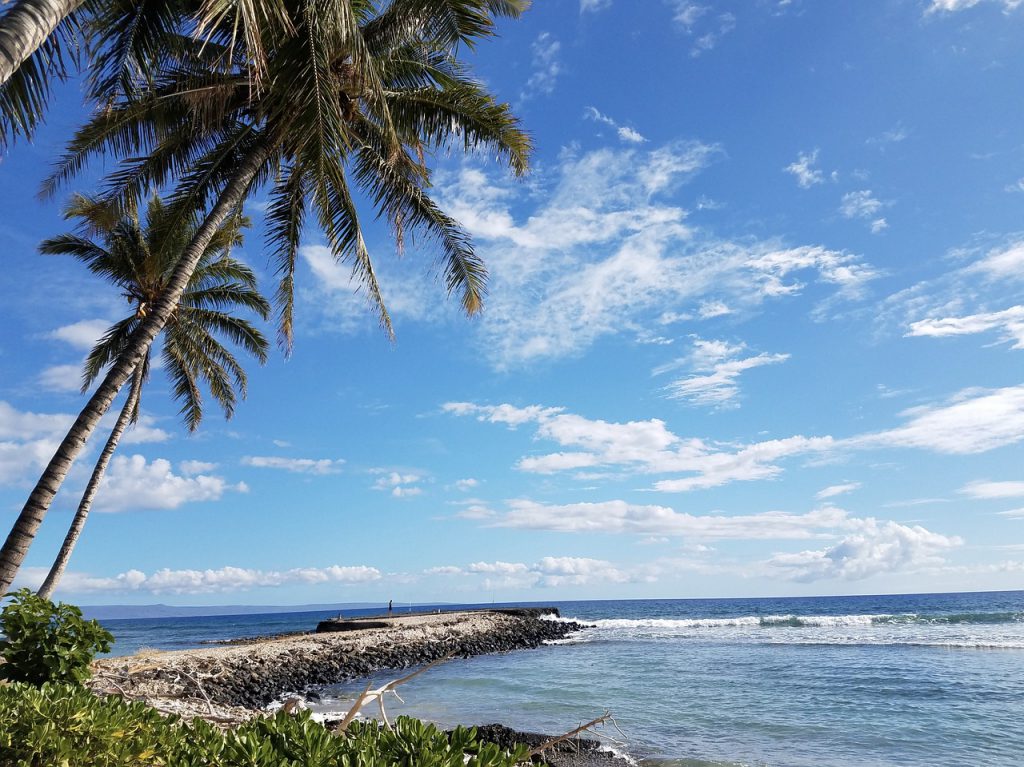
Bleisure Travel Is Not a Passing Fad – Why It Is Here to Stay
Bleisure travel, a blend of business and leisure travel, has gained popularity in recent years and shows no signs of fading away. Here are 20 reasons why bleisure travel is here to stay:
- Changing Work Culture: The rise of remote and flexible working arrangements allows employees to combine work and leisure more easily.
- Increased Travel Options: Many companies are adopting more travel-friendly policies, enabling employees to extend their business trips for leisure purposes.
- Cost-Effective: Traveling for both business and leisure can be more economical, as companies may cover some travel expenses, allowing employees to explore at a lower personal cost.
- Work-Life Balance: Employees are increasingly prioritizing work-life balance, and bleisure travel offers a way to blend the two without sacrificing personal time.
- Inspiring Destinations: Business trips often take employees to exciting and diverse locations that they may wish to explore beyond work commitments.
- Health and Wellbeing: Combining work with leisure can enhance employee morale, reduce stress, and promote overall wellbeing, leading to happier and more productive workers.
- Networking Opportunities: Bleisure travel allows professionals to network in more relaxed settings, potentially fostering better business relationships.
- Cultural Exploration: Business travelers often want to experience local culture, food, and attractions, making bleisure travel an attractive option.
- Technology Facilitation: Advances in technology make it easier for business travelers to work remotely, allowing for flexible schedules that accommodate leisure activities.
- Social Media Influence: The rise of social media encourages travelers to share their experiences, making bleisure travel more appealing and visible.
- Extended Stays: With the option to extend business trips, travelers can take advantage of lower rates for longer stays, enhancing the value of their trips.
- Millennial and Gen Z Preferences: Younger generations prioritize experiences over material possessions, making bleisure travel an appealing choice for this demographic.
- Increased Productivity: Employees who take bleisure trips often return refreshed and recharged, leading to increased productivity and creativity.
- Flexible Itineraries: Travelers can customize their itineraries to include leisure activities around their business commitments, allowing for a more personalized experience.
- Rise of Co-Working Spaces: The availability of co-working spaces in many destinations allows business travelers to maintain productivity while exploring new areas.
- Company Support: Many organizations are recognizing the benefits of bleisure travel and are encouraging employees to take advantage of their business trips for leisure purposes.
- Travel Incentives: Some companies offer incentives for employees who travel, further motivating them to extend their stays for leisure.
- Focus on Experiences: The travel industry is increasingly catering to experiential travel, appealing to those who want to combine work with unique experiences.
- Access to Travel Perks: Business travelers often enjoy perks such as upgrades and discounts, making it more attractive to extend their trips for leisure.
- Post-Pandemic Travel Surge: As travel restrictions ease, there’s a renewed desire to travel and explore, fueling the popularity of bleisure travel as people seek to make the most of their journeys.
Together, these factors indicate that bleisure travel is not just a passing trend, but a sustainable shift in how people approach travel in a professional context.
Why Hotels Should Recognize Bleisure Is Not Fad:
It is essential for hotels to recognize that bleisure travel—where business and leisure are combined—is a lasting trend rather than a passing fad. As the modern workforce increasingly seeks to enhance their travel experiences by blending work with leisure activities, hotels that acknowledge this shift can better cater to the evolving needs of business travelers. By offering tailored packages, flexible amenities, and local experiences, hotels can attract more guests and extend their stays, ultimately boosting occupancy rates and revenue.
Moreover, understanding the significance of bleisure travel allows hotels to gain a competitive advantage in a crowded marketplace. By effectively marketing their offerings that appeal to this demographic, hotels can foster customer loyalty and establish long-term relationships with guests who appreciate the balance between work and leisure. As trends like remote work and a focus on work-life balance continue to shape travel behaviors, hotels that adapt to these changes will be better positioned for sustained success.
